DePaul law professor under fire for saying stop-and-frisk isn’t racist
Mackenzie Murtaugh / The DePaulia
The Law School’s library provides a silent haven for students interested in taking the LSAT.
A DePaul law professor is facing backlash from students of color for an opinion piece published in the Chicago Tribune on March 2.
Monu Bedi, a professor in the College of Law who teaches Criminal Law, Criminal Procedure and Military Law published a guest commentary piece titled “Stop-and-frisk is not racist, and we need to stop saying it is.”
He argues in the piece that stop-and-frisk laws, which allow law enforcement to stop civilians and search them for weapons or illegal substances, are not racist in theory, but that applications of the law have been racially motivated against communities of color.
“The only word I can use to describe this article by Professor Monu Bedi [is] irresponsible,” said Kaylin Reese, a member of DePaul’s Black Law Students Association (BLSA). “Unless you are out here living as a Black or Hispanic person in America, do not tell us what we can and can’t say.”
Bedi uses recent criticism of the laws from current and former Democratic presidential candidates as a framing device for the argument. He specifically cites the application of the law in New York City under Mike Bloomberg’s tenure as mayor.
“Readers may say that the distinction between the law and how it is applied isn’t that significant, and so this kind of precision from the candidates is not essential,” the piece reads. “But they couldn’t be more wrong. By simply saying stop-and-frisk is a racist policy or law, we make criminal justice reform that much harder.”
R.J. Foster, vice president of BLSA, said that for people of color, the law and its application can’t be separated so easily.
“There are a lot of people, myself included, who are just tired of being told things aren’t racist and having our experiences devalued,” Foster said. “It’s like they’re scared to look at things on its face; they jump through these mental gymnastics to try to shy away from the fact that something is racist.”
Bedi reiterated his opinion in an interview with The DePaulia, stating that implicit racial bias from police officers is a contributing factor to the law becoming entangled with race.
“I think people recognize we have a problem with implicit bias in the system and we need to figure out a way to change that,” he said. “Whether it’s through disciplinary rules, I think maybe we need stronger disciplinary rules for police officers, more accountability in that way.”
Foster said he thinks that the assumption Bedia makes about the average person’s interpretation of the law may be too gracious in reality.
“He wrote [the article] as if the average person looks at a law and reads into it from the point of view of legislative intent; the average person doesn’t do that,” he said. “The law has been taken — it’s been weaponized — and used in racist ways. That makes it racist.”
Bedi suggested toward the end of his article that presidential candidates condemning the laws should “stop focusing on how to change stop-and-frisk law and start providing concrete plans on how to change the hearts and minds of police officers.”
“Typically, when I say ‘change hearts and minds,’ I’m not suggesting that candidates should talk to police officers directly,” he said. “What I mean by that is ‘how do we change behavior?’ And so to change hearts and minds, there’s a variety of things you need to do and these are the things I think the candidates should be talking about…different types of training, more stringent disciplinary rules [and] criminal punishment for police officers.”
But Foster said he thinks that trusting one flawed system to fix another won’t lead to any substantive change.
“I don’t know if people have this belief in the law and the system that it treats everyone the same way, but you can walk outside right now and see that that’s not true,” he said. “The law is applied to people differently based on color, based on economic background, based on religion, based on sexual orientation. I think people like to think that justice is blind, but that’s not the case.”


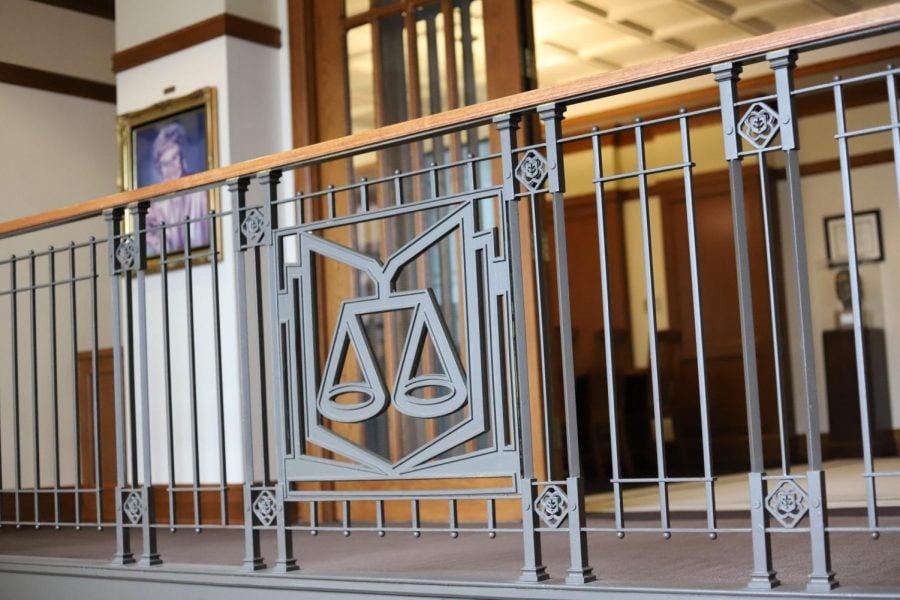


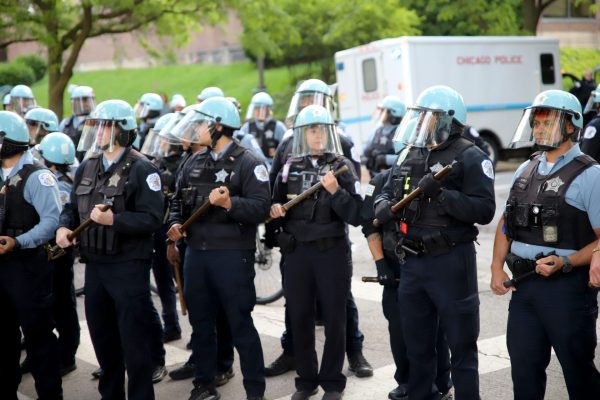

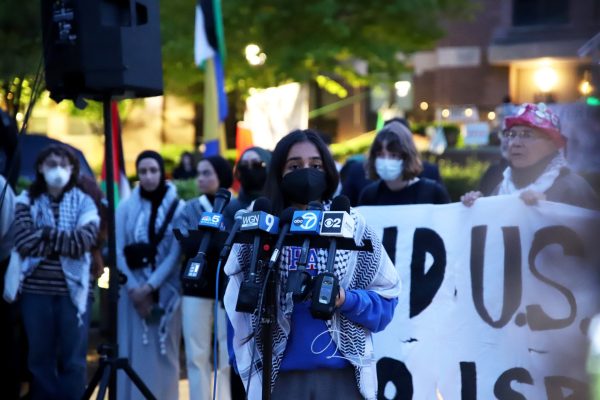




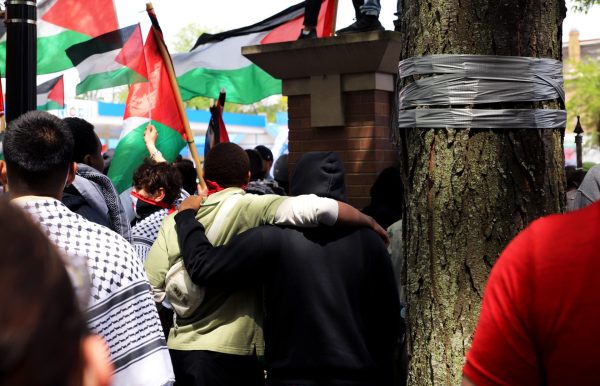
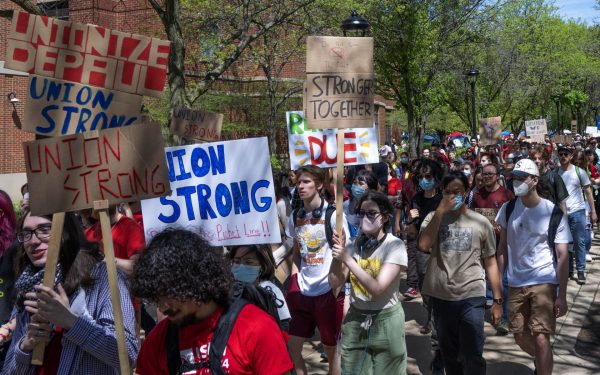
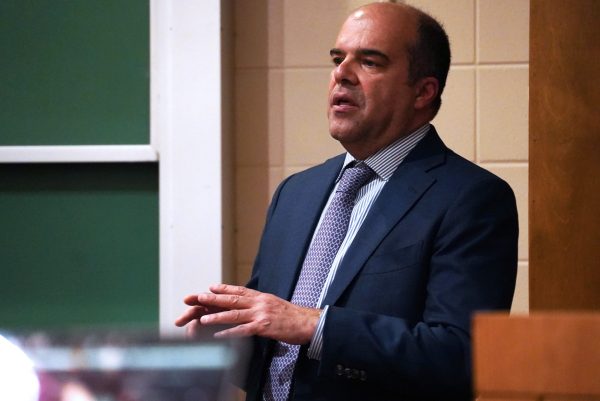


P. K. • Jul 16, 2020 at 6:43 am
Hmmmm. Isn’t that the same professor who used the 555 West Harrison courthouse to harm a Pediatrician saying that SHE could kill him, said he carries mace to protect himself against her and then asked Judge Kuriakos Cecil to put an ankle bracelet on the young woman of color? He then sued her for defamation and tried to take away her medical license. Talk about weaponizing the criminal justice system to harm a person of color! He’s done it to his former friend ! A woman of color.